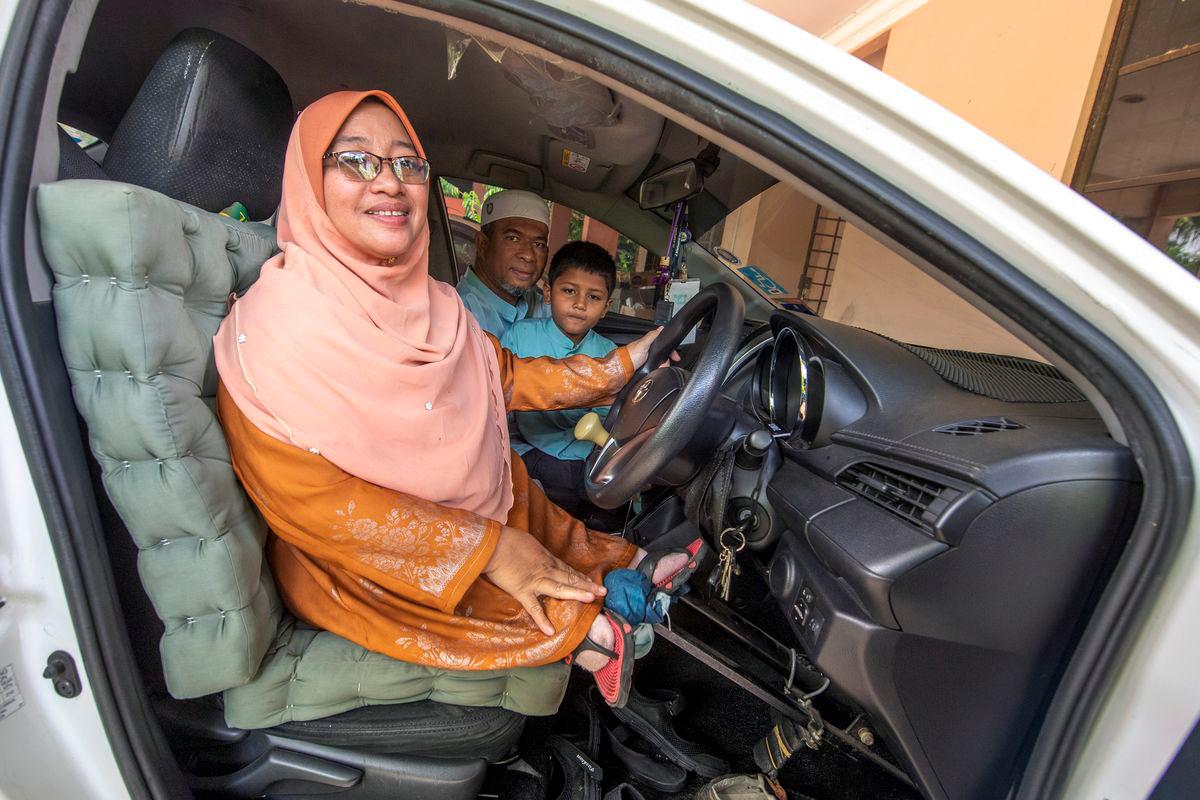PETALING JAYA: The Gender Budget Group (GBG) has warned that despite several inclusive measures, Budget 2026 still lacks a formal gender-responsive framework, a gap that risks excluding women, children and persons with disabilities (PwD) from equitable access to public funds.
“Transforming large-scale allocations into equitable outcomes requires a formal inclusion mandate that integrates a gender perspective,” the group said in a statement.
“Without a robust gender and disability lens, even well-intentioned programmes will fail the most vulnerable.”
The coalition, comprising 24 civil society groups and 18 academics led by Engender Consultancy founder Omna Sreeni-Ong, said the Budget reflects commendable efforts such as the establishment of a behavioural science unit to address online sexual crimes, the absorption of contract doctors into permanent roles, targeted training for women leaders and new TVET courses for PwD.
However, it noted that structural inclusion remained missing.
GBG urged the government to make gender-responsive budgeting mandatory across all ministries, with each setting aside a specific percentage for programmes benefiting marginalised groups.
“GBG offers its assistance to train ministries in embedding this approach into their disbursement processes, transforming policy into meaningful, equitable outcomes,” it added.
The group cited the Budi95 fuel subsidy as an example of policy oversight.
GBG representative Beatrice Leong said people who use wheelchairs or are of short stature were unable to access the MyKad verification slot placed at an unreachable height.
“This forces them to hand over their identity card to a stranger, creating a security risk and a deeply disempowering experience. A gender and disability-responsive analysis during design would have prevented this exclusion,” she said.
GBG also said extending the RM3,000 childcare tax relief offered little benefit to urban or B40 families, calling instead for direct subsidies, vouchers or corporate incentives for workplace childcare.
The coalition welcomed allocations such as the RM1.26 billion for senior welfare and RM300 million for community homes under the National Ageing Framework 2025 to 2045, but stressed that Malaysia must move towards “ageing in place” through inclusive housing and universal design.
“This would allow seniors to live independently within their communities for longer and help build a more accessible society for all,” it said.
GBG further raised concern over what it called a “glaring lack of dedicated funding” for gender-based violence response, adding that limited resources for shelters, hotlines and legal aid continue to undermine women’s safety and economic participation.
While commending the Anti-Bullying Bill 2025, the group renewed calls for a comprehensive anti-discrimination Act to address the root causes of inequality.
It also supported allocations to strengthen parliamentary oversight, including RM5 million to enhance Dewan Rakyat functions and RM15 million for the Malaysian Parliamentary All-Party Group on Sustainable Development Goals, but urged the Finance Ministry to publish outcome-based reports to ensure measurable results.









